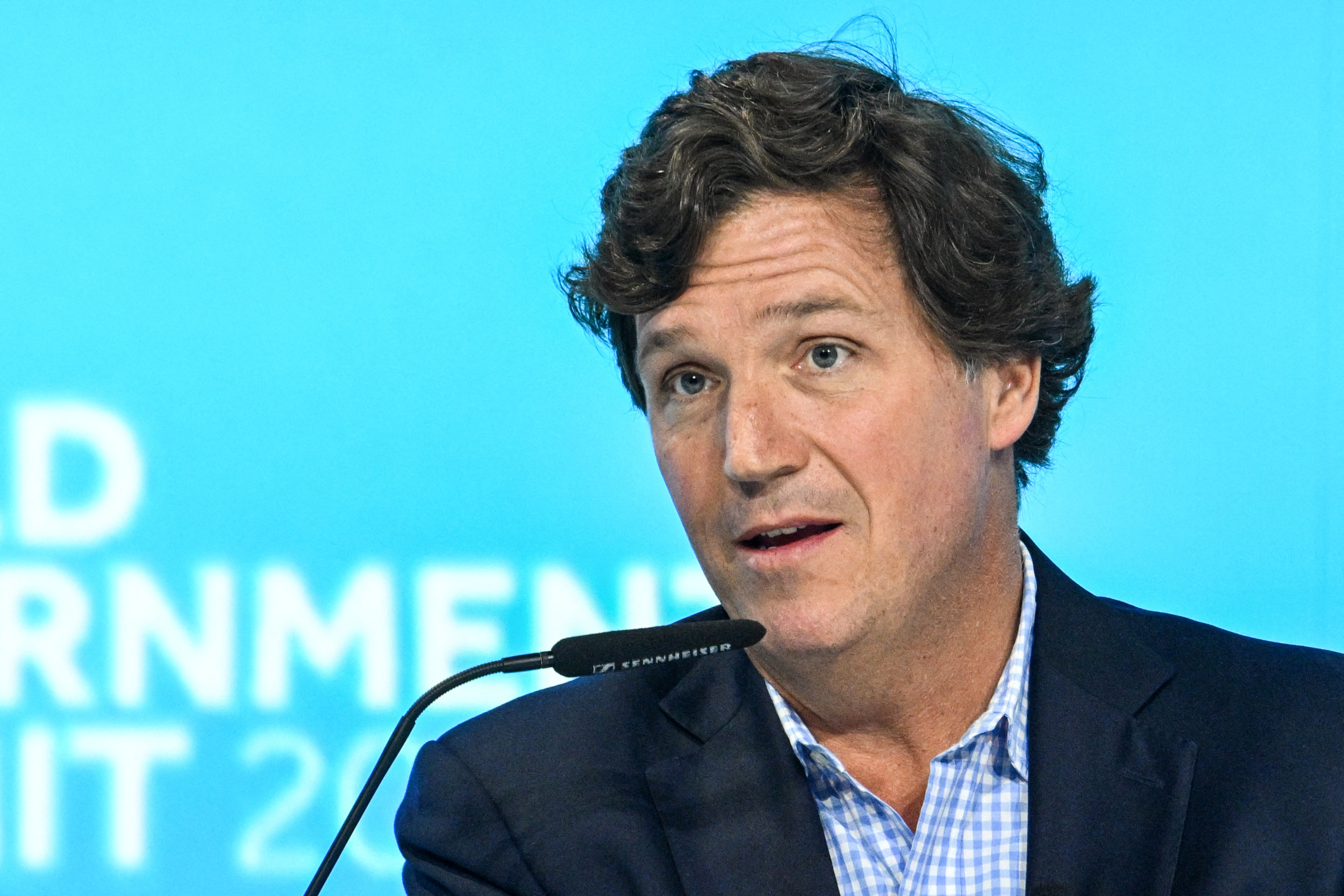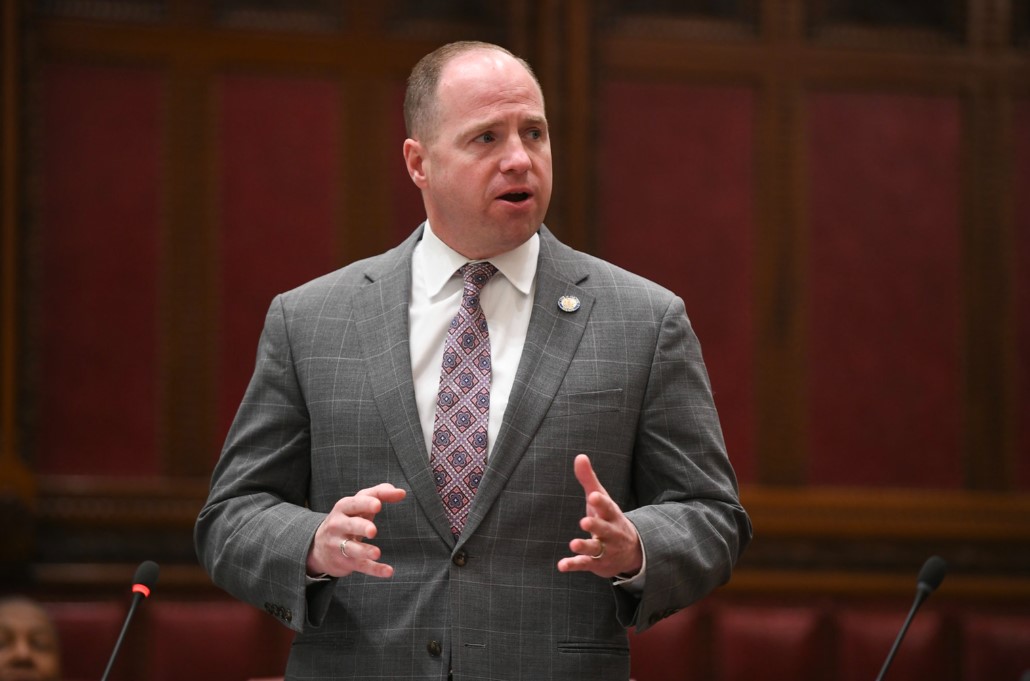Mortgage applications ticked up slightly for the week ending April 5, helped by refinancing among Veteran Affairs-supported home loans, the Mortgage Bankers Association (MBA) revealed at a time when the cost of borrowing continues to rise.
Home loan applications barely jumped by 0.1 percent for the period mainly due to refinancing activity shooting up by double digits. The MBA's Refinance Index jumped 10 percent from the week prior and was up 4 percent from a year ago.
Read more: What is Mortgage Refinancing and How Does it Work?
Meanwhile, the Purchase Index fell by 5 percent from a week earlier. For the week ending April 5, the VA share of total mortgage applications increased to 14 percent, up from 12.1 percent the week before, according to the MBA.
The 30-year fixed rate mortgage jumped above 7 percent, dissuading new buyers from entering into the housing market, on the back of the labor market showing continued strength and inflation readings coming in hot, suggesting that borrowing costs may stay higher for longer.

"Mortgage rates climbed above 7 percent last week as the financial markets responded to better-than-expected March employment data, pushing the 10-Year Treasury yield higher," MBA President and CEO Bob Broeksmit said in a statement shared with Newsweek. "In the short-term, mortgage rates are expected to remain elevated for now, which is keeping borrower demand mostly subdued."
The VA mortgages helped to prop up the home loans market for the first week in April, according to the MBA.
"The 30-year fixed rate increased to 7.01 percent, the highest in over a month," Joel Kan, MBA's deputy chief economist, said in a statement on Wednesday. "Purchase applications were down almost five percent to the lowest level since the end of February, but refinance applications were up 10 percent, driven particularly by VA refinance applications."
Part of the reason that refinancing activity may have been elevated among VA-related mortgages is that those loans are government-backed, which experts say incentivizes lenders to offer better deals than what's available in the larger market.
"Because the federal government backs VA home loans, lenders have the luxury of charging competitively low interest rates," Chris Birk, vice president of Mortgage Insight for Veterans United Home Loans, said in a note on the lender's website. Eligible veterans and service members find that rates are generally lower with a VA home loan than a conventional mortgage."
Read more: Compare Top Mortgage Lenders
Birk pointed out that as of April 11, the 30-year fixed VA loan purchase rate stood at about 6.4 percent while the 30-year fixed VA refinance loan was at 6.5 percent.
Mortgage rates in the overall market rose after the Federal Reserve began raising rates in March 2022 to the current two decade-high range of 5.25 to 5.5 percent to battle high inflation. Policymakers have held rates at that level since July and indicated that they're done with rate hikes.
But inflation has remained sticky above the central bank's 2 percent target. On Wednesday, the Consumer Price Index (CPI) inflation came in hot at 3.5 percent, raising concerns that rates may stay higher for a while longer, keeping borrowing costs for home loans elevated.
"Mortgage rates moved higher last week as several Federal Reserve officials reiterated a patient posture on rate cuts," Kan said. "Inflation remains stubbornly above the Fed's target, and the broader economy continues to show resiliency."
On Thursday, Freddie Mac's average 30-year mortgage rate also rose closer to 7 percent, with chief economist Sam Khater saying the market's reaction to recent economic news on jobs and inflation part of the reason behind the jump.
"Mortgage rates have been drifting higher for most of the year due to sustained inflation and the reevaluation of the Federal Reserve's monetary policy path," Khater said in a statement. "While newly released inflation data from March continues to show a trend of very little movement, the financial market's reaction paints a far different economic picture.
"It's clear that while the trend in inflation data has been close to flat for nearly a year, the narrative is much less clear and resembles the unrealized expectations of a recession from a year ago."
Uncommon Knowledge
Newsweek is committed to challenging conventional wisdom and finding connections in the search for common ground.
Newsweek is committed to challenging conventional wisdom and finding connections in the search for common ground.
About the writer
Omar Mohammed is a Newsweek reporter based in the Greater Boston area. His focus is reporting on the Economy and ... Read more
To read how Newsweek uses AI as a newsroom tool, Click here.








